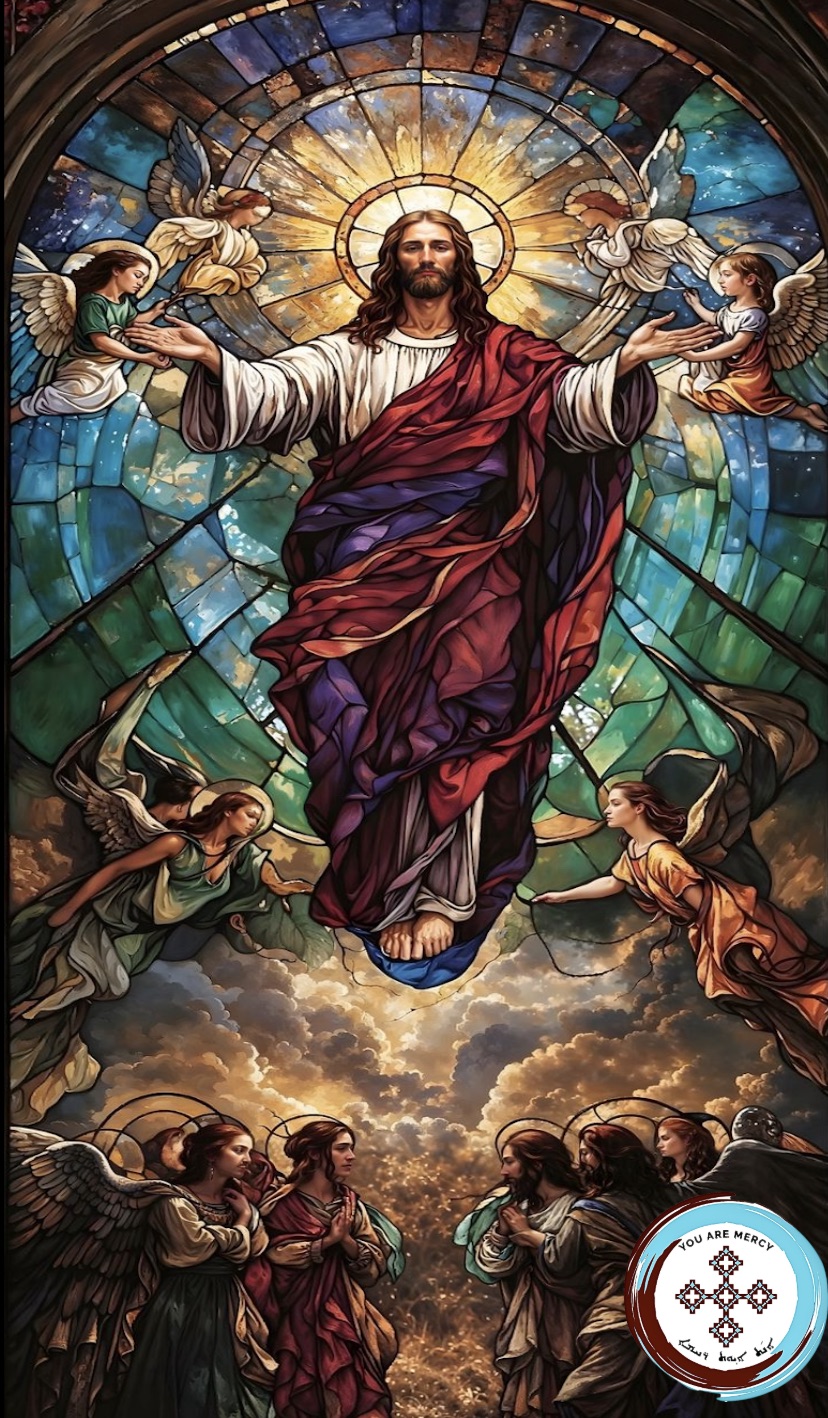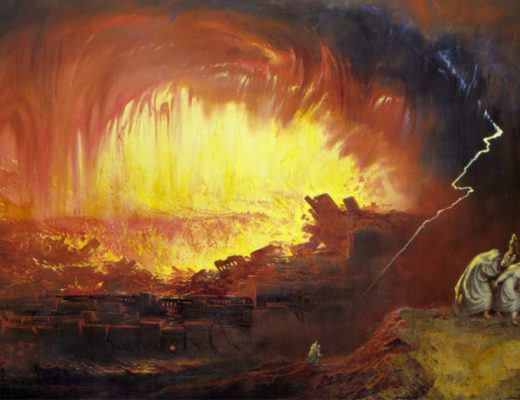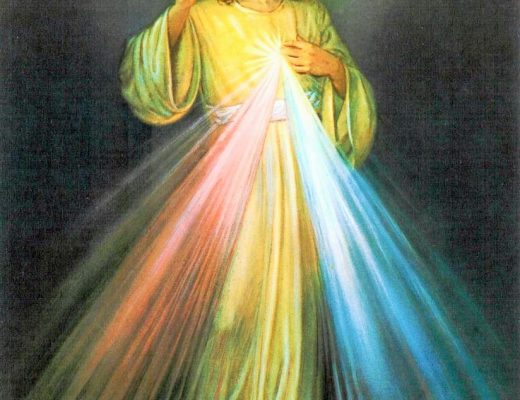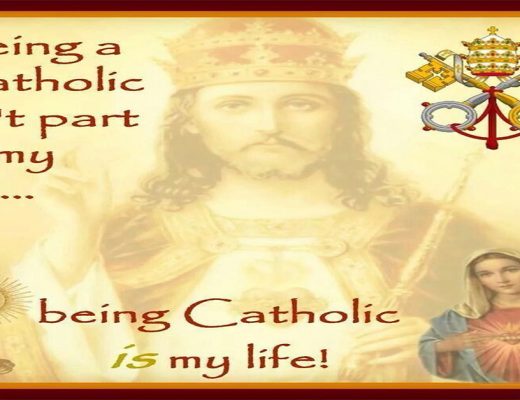The Ascension of Our Lord into heaven represents a crucial moment in the Church’s history. Jesus had informed his disciples that he would need to leave them visibly. He emphasised that unless he departed, the Holy Spirit would not be sent to them. Just prior to his ascension, he instructs the disciples to remain in the city until they receive the baptism of the Holy Spirit, which he will send. On one occasion, while he was eating with them, he gave them this command: “Do not leave Jerusalem, but wait for the gift my Father promised,
which you have heard me speak about. For John baptised with water, but in a few days you will be baptised with the Holy Spirit.” (Acts 1:4-5).
He assured them that they will gain power when the Holy Spirit descends upon them, enabling them
to be his witnesses even to the ends of the earth. “But you will receive power when the Holy Spirit comes on you; and you will be my witnesses in Jerusalem, and in all Judea and Samaria, and to the ends of the earth.” (Acts 1: 8)
We are called to take a moment to reflect on a specific mystery of Our Lord’s life and God’s relationship with His people. Today, we find ourselves alongside the disciples as the Lord is removed from their view. From that point forward – and until His second coming – the tangible presence of Jesus in the world will be represented by His followers – the Church. Consequently, the Ascension signifies the commencement of the Church’s era, a period that will truly “launch” with the Descend of the Holy Spirit.
As the disciples witnessed their Lord and Master fading from view, it is conceivable that they began to grasp the emerging responsibility that was being placed upon them. The events that had unfolded with Jesus, along with all his teachings and actions, were not solely for their benefit. There was a mission and a message that needed to be disseminated widely. Furthermore, Jesus instructed them to wait: to wait until they were endowed with the power of the Holy Spirit.
This element of waiting – specifically, waiting on the Lord – is a lesson we can draw from today’s feast. Our existence is not intended to be a series of mindless tasks, characterized by incessant activity. It is essential for us to wait on the Lord through prayer. We must dedicate time to perceive the promptings of God within our hearts, enabling us to discern our rightful actions. We should pray for the Holy Spirit to continually ignite the faith that resides within us, fortifying us for the tasks to which God summons us. Our weekly observance of Sunday Mass, along with our meaningful reception of Holy Communion, rejuvenates the Graces of Baptism and confirmation within us. If we are to share the message of salvation, it is imperative that we allocate time to contemplate that message; we need to engage with the scriptures, ensuring that the word of God is present on our lips and in our thoughts, allowing it to penetrate deeply into our hearts.
When the Lord Jesus instructed the disciples to await the arrival of the Holy Spirit, it served as a reminder that it is not they who guide themselves to others, but rather God: God’s love, God’s message to God’s people. They can only accomplish this through the empowerment of the Holy Spirit.
In the Church, we uphold the tradition of praying novenas: nine consecutive days dedicated to prayer, seeking a specific grace. The oldest of these novenas is the Pentecost Novena, which commemorates the apostles, along with the Blessed Virgin Mary, who prayed after the Ascension of Jesus until the Holy Spirit was sent. I encourage you, over the course of the coming week – each day – to offer a simple prayer inviting the Holy Spirit to come to you in a renewed manner. Pray to God, inquiring how He wishes for you to be His witness in the world during this phase of your life, and request the Holy Spirit to empower you to act upon God’s intentions for you.






No Comments